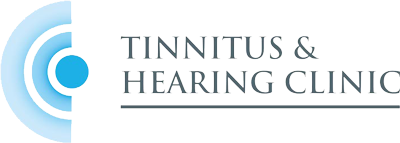A recent Forbes feature highlights how even the way we pronounce “tinnitus”—whether “TIN-uh-tus” or “tih-NITE-us”—reflects a broader conversation about awareness of the condition. Far from being a minor linguistic detail, the article suggests that language can influence how seriously tinnitus is perceived and how it is addressed in society.
The piece emphasises that tinnitus is not just a medical concern but a workplace and business issue. With millions of people affected the condition impacts productivity, resilience and overall wellbeing. Younger generations exposed to loud music via headphones, alongside older populations experiencing age-related hearing changes, make tinnitus a relevant symptom across all demographics.
At The Tinnitus Clinic Ltd. we see this reality every day. Our patients come from all walks of life, from young professionals balancing demanding careers to older adults seeking relief from persistent symptoms. We provide evidence-based therapies including sound therapy, cognitive behavioural approaches and more innovative neuromodulation treatments such as Lenire, which has shown promising results in reducing the severity of the symptom.
For organisations, this presents an opportunity to include hearing health within their wellness strategies. From staff support programmes to workplace design and healthcare benefits, acknowledging tinnitus can improve both employee wellbeing and business performance. Raising awareness and shifting perceptions is not only a matter for doctors and patients, it is something business leaders should care about too.
Find out more about the therapies we offer at The Tinnitus Clinic.


